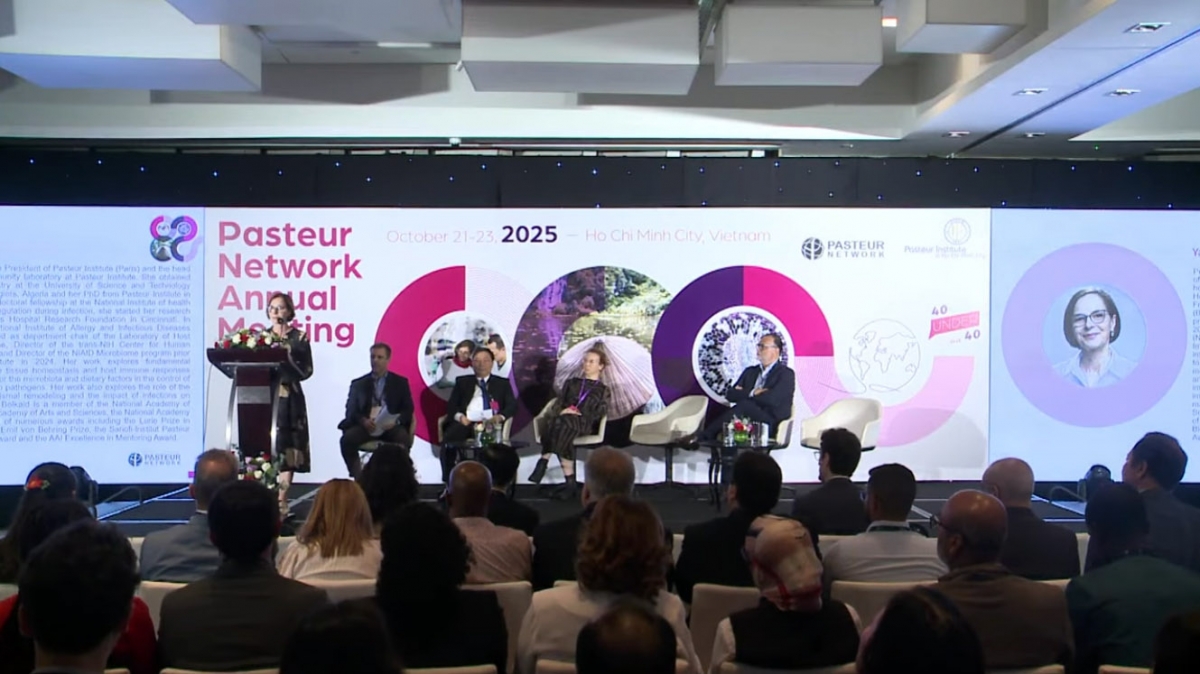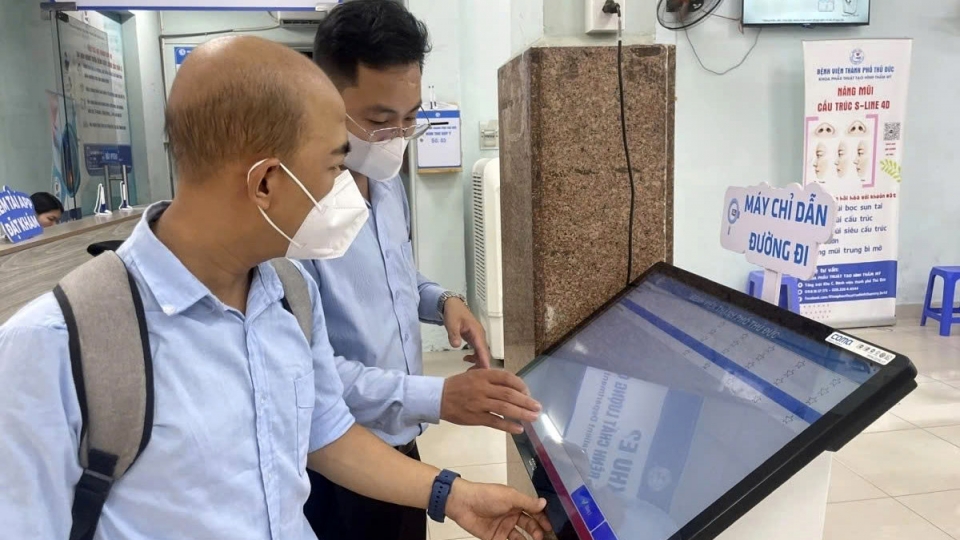Vietnam emphasises disease prevention in public health care strategy
VOV.VN - A Vietnamese official has affirmed that disease prevention is the top priority in its national health care strategy, aiming to effectively respond to emerging infectious diseases and improve public health.

Prevention is a very important task and the foremost task in the strategy of public health care for the entire population, said Minister of Health Dao Hong Lan in a pre-recorded video to the 2025 Pasteur Network Annual Meeting (PNAM) that opened in Ho Chi Minh City on October 21.
This viewpoint aligns with the consistent stance of the Communist Party and Government of Vietnam on preventive health care, she added.
The Minister proudly highlighted that Vietnam currently has three Pasteur Institutes located in Ho Chi Minh City, Hanoi, and Nha Trang, which are crucial centres for research and epidemic response. These institutes not only provide guidance to the health sector and the State on implementing public health solutions but also play a direct role in effectively improving people’s health.
Lan highly appreciated the role of the Pasteur Institutes in training specialised human resources, scientific research, international cooperation, and responding to emerging diseases. The recent COVID-19 pandemic clearly demonstrated the importance of preventive health and the significant contribution of the institutes in controlling infectious diseases.
The Minister expressed hope that the conference would yield important outcomes, promote the development of preventive medicine in Vietnam, open new approaches, and create more opportunities for international cooperation to enhance the country’s preventive health capacity.

According to Assoc. Prof. Dr. Nguyen Vu Trung, Director of the Ho Chi Minh City Pasteur Institute, the Institute is not only a research centre but also the “frontline force” protecting public health. It has pioneered many important medical achievements, such as detecting the first HIV case in Vietnam, sequencing the genomes of dangerous pathogens including H5N1, EV71, SARS-CoV-2, and the monkeypox virus.
Beyond research, the Institute participates in designing disease prevention systems, contributing to expanded immunisation programmes, outbreak prevention initiatives, risk assessment, and emergency response coordination. It also supports building diagnostic infrastructure, training healthcare workers, and developing surveillance models to aid policy planning.
Since joining the Pasteur Network in 1991, the Ho Chi Minh City Pasteur Institute has become a global partner in projects on emerging infectious diseases, zoonoses, and health issues related to climate change. International collaborations have helped the Institute share knowledge, access innovations, and maintain its capacity to respond to global health challenges.
At the opening ceremony, Professor Mario Moreira, President of the Pasteur Network Board, emphasised the role of science in connecting and sharing knowledge worldwide for the common good of humanity. He stated that the conference is an opportunity for Pasteur Institutes to share data and ideas, turning individual efforts into collective strength to drive positive change in preventive health.
Running from October 21 – 23, the 2025 Pasteur Network Annual Meeting has brought together hundreds of scientists, experts, and health leaders from many countries and Pasteur Institutes around the world to discuss strategic directions in research, cooperation, and responses to global public health challenges.





